
Canola oil is a popular choice for cooking. It’s often seen as a healthy choice, as the oil is low in saturated fat. Yet, the question ‘is canola oil good for you?’ isn’t as straightforward as you may think. Despite the potential benefits, many people avoid canola oil entirely, feeling that it is incredibly unhealthy.
This pattern isn’t that surprising.
Cooking oils seem to be the subject of endless controversy. Customers are always trying to find the healthiest option and regularly disagreeing with each other along the way.
Take coconut oil as an example. Opinions are sharply divided here. Some people see the oil as one of the healthiest choices, partly because of the MCTs it contains. Others are worried about the saturated fat content.
Then there’s olive oil. That oil is delicious and a source of healthy fats, but its relatively low smoke point may affect your ability to cook with it. Plus, there are some serious issues with olive oil quality, making it difficult to know whether you’re getting a good product.
So, let’s look at canola oil and where the controversy lies with this option.
Is Canola Oil Good For You?
- What Is Canola Oil
- Benefits Of Canola Oil
- The Serious Problems With Canola Oil
- What Is High Oleic Canola Oil?
- What About Cold Pressed Canola Oil?
- Is Genetically Modified Canola Oil Dangerous?
- Can Canola Oil Harm You?
- Final Thoughts
What Is Canola Oil?

Canola oil is derived from the canola plant, which isn’t a plant that naturally grows wild. Instead, the plant is a version of rapeseed, one that was bred to be edible (as rapeseed itself contains toxic compounds).
The plant was created specifically as an oil plant. It was even named for that goal, as the ‘ola’ is a reference to oil, while ‘can’ references Canada, where the plant was created.
However, canola wasn’t created through genetic engineering. Like many other plants in our food supply, it was instead created using selective breeding, where growers were able to progressively decrease the concentrations of toxic compounds from one generation to the next.
Since canola’s initial creation, selective breeding has helped to produce many varieties. These have helped to improve seed quality, promote yields, and make the plant even more economical.
The seeds from canola plants are used to create canola oil, but there are many steps along the way. Notably, the seeds are pressed, solvents used to extract the desirable compounds, and then the resulting oil is processed further. Hexane is often used in the extraction process, which then needs to be stripped away.
Benefits Of Canola Oil

The Balance Of Fatty Acids
There’s one main reason for using canola oil – the fatty acids. More than 60% of the fat in canola oil is monounsaturated fat. Most of the rest is polyunsaturated fat. Only around 7% is saturated fat.
This is less saturated fat than most other cooking oils. The oil is often free from trans fats too (however, some studies have found up to 4.2% trans fat in the oils).
The distribution of fats is often seen as ideal, as saturated fats are the ones that are linked to heart disease and other health issues (although, as we’ve highlighted elsewhere, saturated fat mightn’t be as bad as we often assume). Theoretically, this fatty acid balance should help decrease heart disease risk and keep us healthy.
The polyunsaturated fats are important here too, particularly omega 3 fatty acids. Omega 3 is the type of fat that you find in fish and is the reason that fish is so important for health.
Canola oil contains alpha-linolenic acid (ALA), which is the least powerful form of omega 3. It needs to be converted into DHA and EPA before we can see most of the benefits.
Even so, ALA does improve health in some ways and it’s essential for anyone who doesn’t eat fish regularly. Indeed, canola oil, flax seeds, chia seeds, and walnuts are all popular sources of omega 3 fats for people on a plant-based diet.
May Promote Health
The fatty acid balance of canola oil could be relevant to health. It’s often seen as a beneficial substitute for other oils.
For example, swapping from butter to canola oil as your main cooking oil could, theoretically, decreases your levels of LDL cholesterol and your heart disease risk.
Don’t forget that the ALA could help your heart too. It may also reduce inflammation, which is an important effect.
It’s Excellent For Cooking
Canola oil is also a practical choice. It tends to be less expensive than many other oils and handles high temperatures well. In fact, it has a higher smoke point than most other types of oil.
The flavor is helpful too, as canola oil is mild. You don’t need to worry about it influencing the taste of your dish. Alternatives like coconut oil and olive oil have more distinctive flavors, so you need to be more careful when using them.
The Serious Problems With Canola Oil

The biggest problem with canola oil isn’t the nutrients or the fatty acids, but the way that the oil is produced.
For one thing, the oil is highly refined. There are multiple processing steps and some of those involve harsh chemicals. The oil is even bleached and deodorized, using some concerning chemicals like hexane.
You end up with an oil that’s far removed from its natural state. How can that possibly be a good thing?
Genetic Modification
Plus, canola plants are often genetically modified. This modification makes them easier to grow because they’re resistant to herbicides.
While scientists often see genetic modification as being safe, not everyone agrees. There are many concerns about the long-term effects of GMOs. It’s also difficult to tease out the precise effects of different foods once they’re in the food supply.
Lots of people feel safer by avoiding GMOs entirely.
Thankfully, there are some non-GMO canola oil products out there. They’ll often have a GMO-free label, so they’re easy to spot.
The genetic modification has already had one interesting side effect – some genetically modified canola plants have now spread and are growing wild. While scientists say that the wild canola isn’t a threat, the pattern shows that genetically modified plants may be difficult to control.
Issues like this may be another reason to avoid supporting the canola industry.
The Omega 6 Content
Like many foods, canola oil contains both omega 3 and omega 6 fatty acids. Omega 3 is the most famous type, but omega 6 is important too.
While omega 6 does provide important benefits for health, it can also be problematic, as getting too much omega 6 and not enough omega 3 in our diets may increase inflammation significantly. This effect could then increase the risk of disease.
There’s another problem too – most of us already consume too much omega 6 and not enough omega 3. Before industrialization, ratios of omega 6 to omega 3 ranged from 4:1 to 1:4 (depending on the type of food eaten). These days, the ratio is around 16:1 instead. That’s a serious issue.
The omega 6 to omega 3 ratio in canola oil isn’t too bad. It’s 2:1, which is better than many other foods (soybean oil is much higher in omega 6). Even so, if you use canola oil often, it becomes a significant source of omega 6.
What Is High Oleic Canola Oil?

You’ll sometimes see high oleic canola oil in stores. This is similar to classic canola oil, except that it contains more oleic acid. The polyunsaturated fat content is also lower, which means you get less ALA per serving.
The higher monounsaturated fat content could make high oleic canola oil healthier than regular canola oil. Plus, the extra oleic acid gives the oil a longer shelf life and higher smoke point, making it even more powerful for cooking.
Then there’s the oleic acid itself. This is an omega fatty acid, the same one that made olive oil so famous. So, it’s hardly surprising that oleic acid has been linked to many benefits.
What About Cold Pressed Canola Oil?
Because most canola oil issues come from the processing approaches, cold pressed canola oil could be a much healthier option. Cold pressing means that the oil is created in a similar way to olive oil, so you avoid most of the concerning chemical steps.
Some brands do still use seeds from GMO canola, but others don’t. Look for a GMO-free label to make sure you’re getting the healthiest possible oil.
The oil still contains a decent amount of omega 6. Still, you can get around the problem by increasing your omega 3 intake.
Is Genetically Modified Canola Oil Dangerous?
GMO plants were all extensively tested before being part of the food chain. This suggests that they should be safe.
Canola advocates also argue that canola oil is the same regardless of whether it comes from GMO canola or not, as the genetic modification just influences one gene in canola. That gene codes for a protein, which is significant, as canola oil doesn’t contain protein (all protein is removed during processing).
Even so, there are still some areas to be concerned about. There’s always the potential for unexpected outcomes from the modification.
Plus, most safety research focuses on short-term studies. There are gaps in our knowledge about the long-term impacts of GMOs, especially when they’re consumed in large amounts.
Can Canola Oil Hurt You?

Despite how often we use canola oil, there haven’t been many long-term studies on its effects.
Some research does suggest that canola oil improves heart health, but many were funded by the canola oil industry, were animal studies only, or focused on theory. There are also some studies suggesting an opposite effect, such as the oil increasing markers of oxidative stress or finding that canola oil consumption was linked to metabolic syndrome.
Interestingly, some of the studies that find benefits to canola oil use a different type than most of us cook with, while the studies that find issues use the type
The truth is that we really don’t know.
The issues with canola oil suggest that using large amounts regularly could be harmful, especially if your omega 3 intake is low. But, using canola oil every so often shouldn’t be a big problem.
If you’re concerned, look for GMO-free cold-pressed canola oil. This type minimizes the risks, while still being an easy choice for cooking.
Final Thoughts
Despite being promoted as a healthy oil, canola oil clearly isn’t as good for you as it first seems. Instead, there are multiple problems, including the omega 6 content, how highly refined it is, and the focus on GMO canola.
Besides, there are many less concerning oils out there – including olive oil, which has been linked to many health benefits and is rich in monounsaturated fatty acids.
Frequently Asked Questions
Can You Fry With Canola Oil?
Yes. Canola oil is a popular option for frying, as it has a smoke point of around 400℉. This means you can even use it for deep frying.
Is Canola Oil The Same As Vegetable Oil?
Not quite. Canola oil comes from the rapeseed plant and includes no other type of oil. Vegetable oil is a blend instead. It often heavily relies on soybean oil, although other types of oil can be used too, including canola oil.
The two oil types have much in common, including a similar smoking point and similar flavors. While there are slight differences, you can easily use canola oil in any recipe that calls for vegetable oil and vice versa.
Is Canola Oil Gluten Free?
Cooking oils tend to be gluten-free, as they’re never made from gluten-containing ingredients.
There is still the chance for cross-contamination, if any of the tools used to create the oil also interact with gluten-containing grains. Thankfully, the chances of this are pretty low. If you’re concerned, look for companies that use a gluten free label or those that produce canola oil and nothing else.
Is Canola Oil Healthier Than Olive Oil?
This really depends on your definition of healthier. Olive oil is usually seen as the healthier option, as it’s less processed than canola oil and contains plenty of oleic acid.
However, canola oil happens to contain less saturated fat than olive oil, which could make it better for your heart. Canola oil also contains heart-healthy omega 3 fats. You’ll need to decide for yourself which set of benefits you prefer.
Why Is Canola Oil Banned In Europe?
Some reports suggest that the European Union is concerned about levels of erucic acid in canola oil and that this has led to an outright ban on canola oil in Europe. There are truly some concerns about erucic acid, as the omega-9 fatty acid might lead to health problems in some situations. But, the oil certainly hasn’t been banned.
For that matter, there’s relatively little evidence about serious risks from erucic acid and erucic acid doesn’t even seem to be that prevalent in canola oil. You’d need to consume an extreme amount of canola oil to be at risk and even then the risk is debatable.

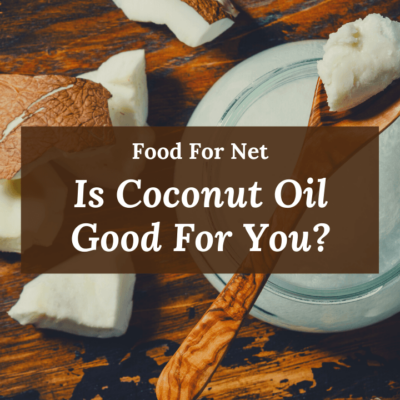
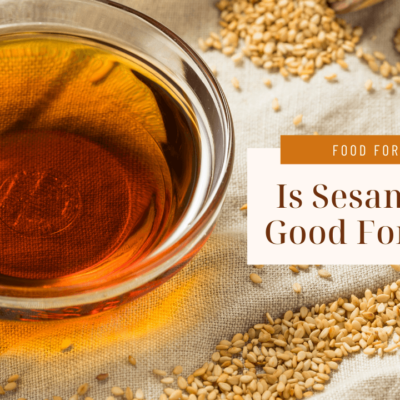
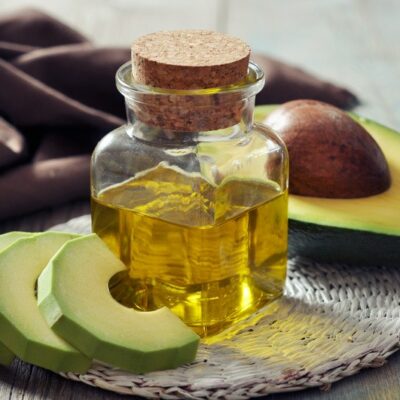
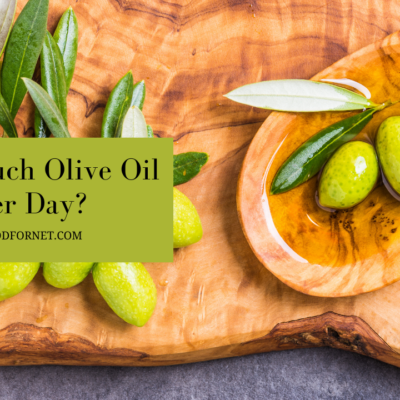
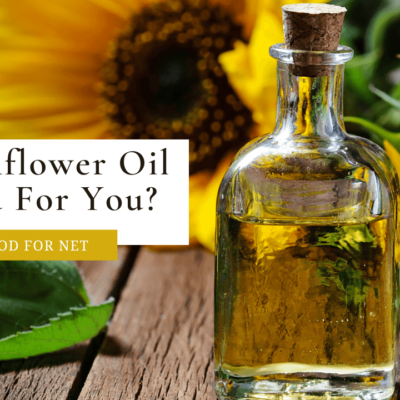
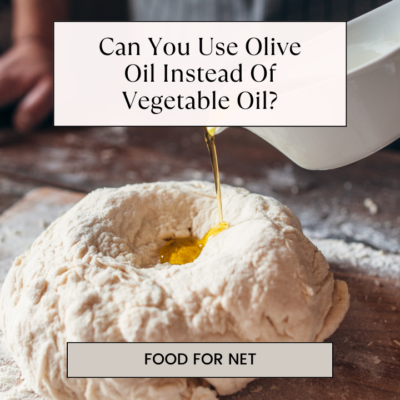
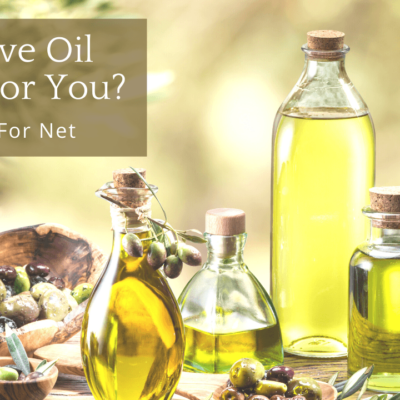
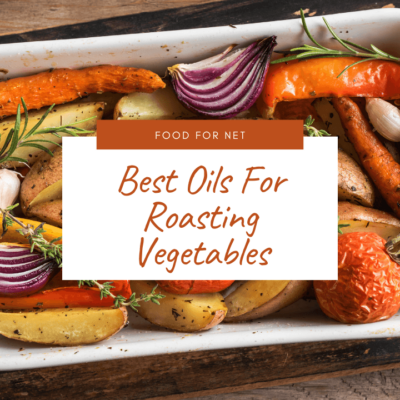
 The 15 Best Vegetables to Grill and the 5 Best Grilling Tips!
The 15 Best Vegetables to Grill and the 5 Best Grilling Tips!
Leave a Reply